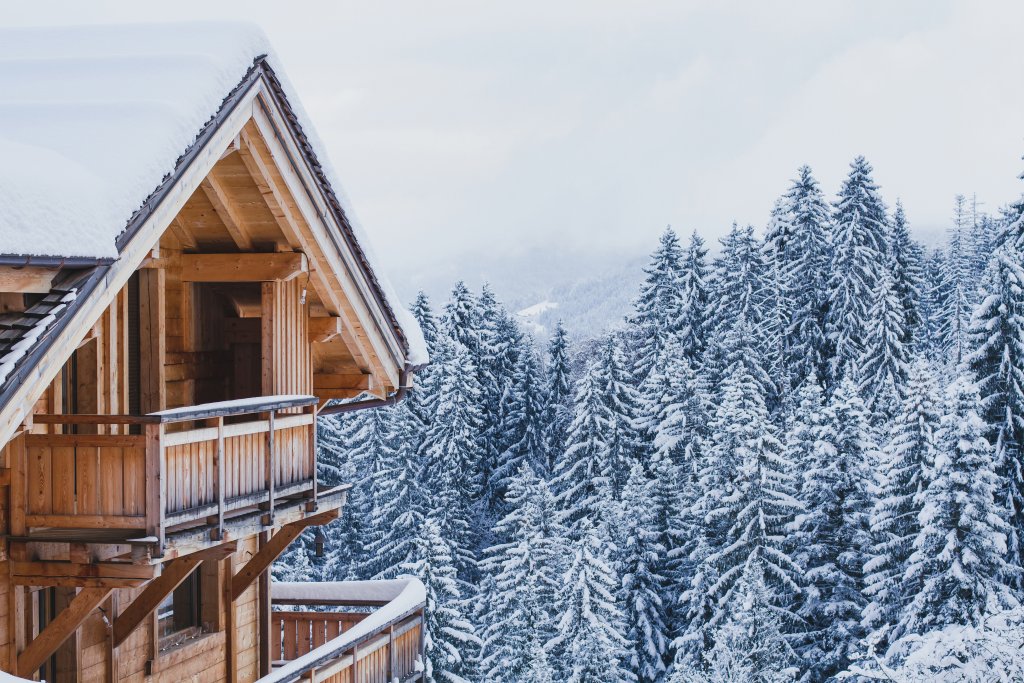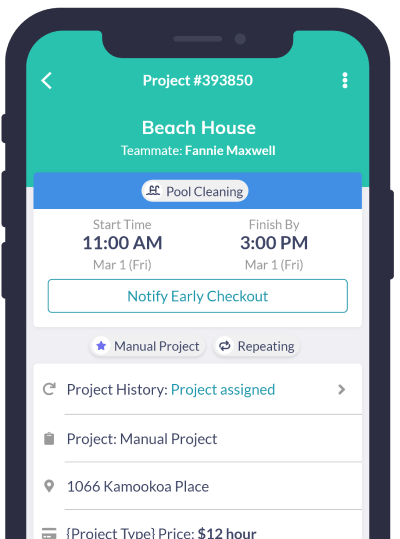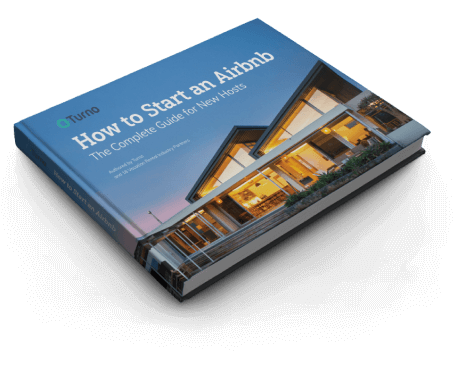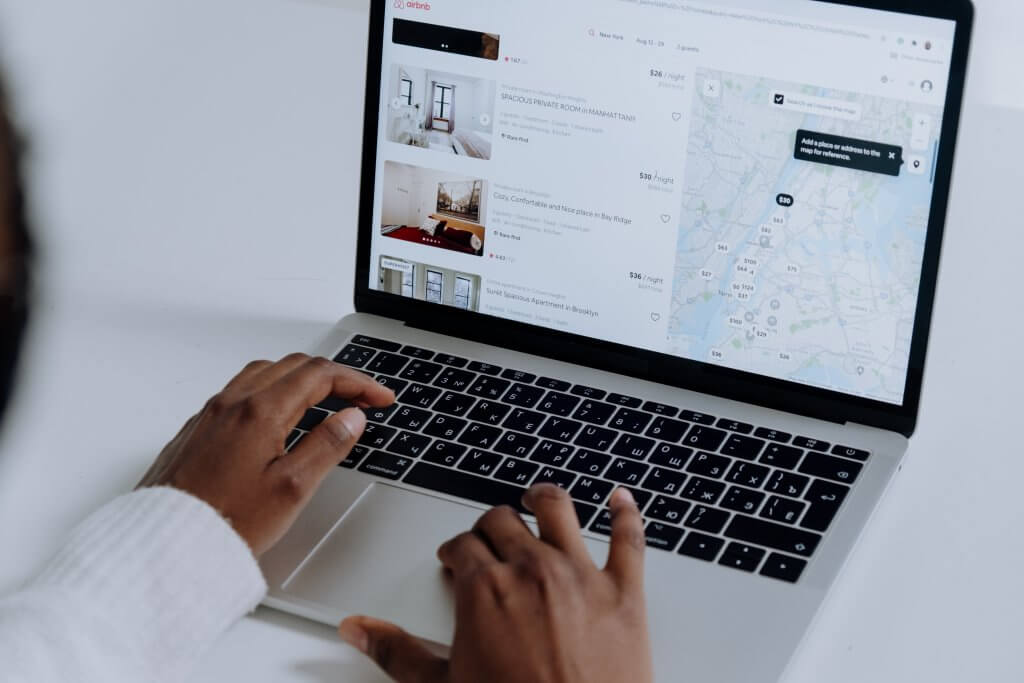
What’s In a Listing?
When a traveler peruses a booking channel (be it Airbnb, Vrbo, Booking.com, etc.), they’re looking for a specific place to stay that fits their traveling needs. They’ve envisioned their vacation, staycation, or work trip and are on the hunt for specific things — depending on who they’re traveling with and what they’re traveling for.
The booking channel aims to offer the traveler the best search and booking experience so that they book through their platform. To do this, they must have a large catalog of properties to offer and be able to pair the traveler with the home that best fits their needs.
And then there’s you, a host who wants your home to be booked and generate revenue. To do this, you’ll need a descriptive and enticing listing.
Your vacation rental listing will contain photos and a description of your property, a list of your amenities, reviews from other guests, and an estimated price depending on the check-in and check-out dates and the number of guests.
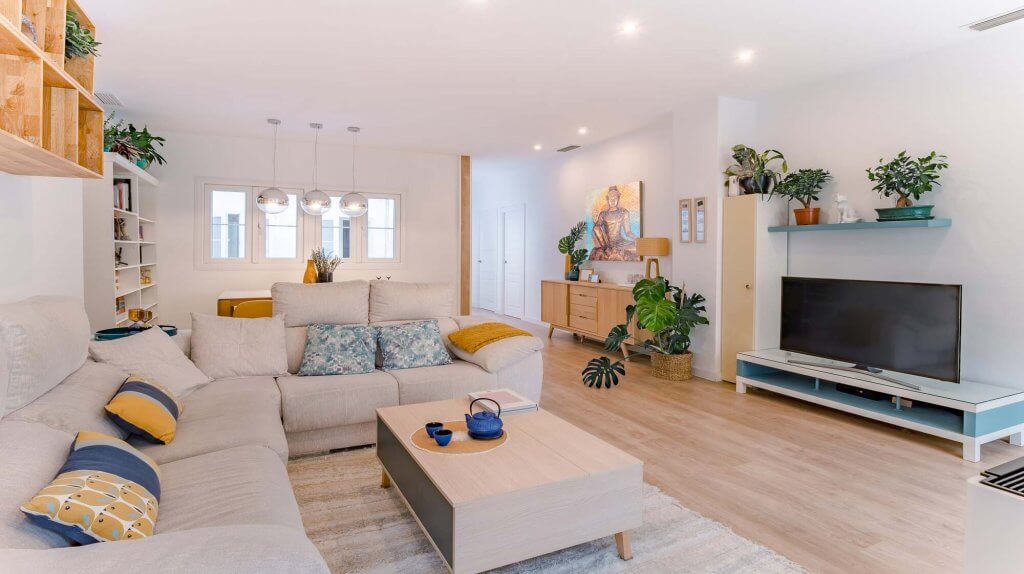
Your listing will show and tell prospective guests that your property is the right fit for their travel needs.
For this reason, if you want bookings, it’s imperative that your listing is optimized.
How Listings Impact Rankings and Occupancy
Booking channels use complex algorithms to pair up guests and properties. These algorithms rank listings based on many factors — some of them over 100. To put it simply: algorithms will reward listings that get reserved often with higher rankings.
Now, what does “higher rankings” mean and why do we want that?
Ranking higher means that your booking channel or channels will prioritize your listing and show it at the top of the results page when a traveler is looking for a property that fits your category and their criteria.
This is ideal because, as we know, time is precious, and the faster a guest finds your property the more likely they are to book. After all, no one has the time or patience to look through pages and pages to find the right place to stay.
So, what exactly are the factors that influence rankings? Some of them are:
- Competitive pricing
- Beautiful photos
- An attention-grabbing title
- A persuasive listing description
- Positive reviews
- Rapid responses to guest inquiries
- Instant Book
If higher rankings influence a traveler’s likelihood of booking, then they also inadvertently increase your occupancy rate — and revenue. That’s why your listing should be thoughtfully created and continually optimized.
3 Tips for Listing on Airbnb
It’s clear that having an engaging listing is imperative to having a successful Airbnb business, but where do you start? Below are three high-level tips for creating a listing that makes guests choose you over the competition.
1. Fill In Everything
All booking channels have additional information that you can fill out. We recommend taking your time to fill in every detail, as algorithms will classify your listing as fully complete and incorporate the details into the search engine.
For example, be sure to list all the amenities available, and modify this list as you update your home. Also, ensure you provide an enticing summary. This small bit of text that appears at the top of your listing is your chance to convince users to click “read more.”
Don’t forget photo captions. Guests are more likely to go straight to the photos rather than the description. This means that captioning those photos is your chance to speak to them while you’ve got their attention. In other words, captions are where you can highlight your home’s key selling points.
Remember that potential guests don’t know much about your short-term rental, so captions are the perfect way to explain the home’s layout (how rooms are connected), what makes each space special, and even label rooms (Bedroom #1, Bedroom #2, etc.).

2. Proofread Before Launching
Forget to mention something important? Spelling mistake or typo? Don’t let a little slip-up make you look unprofessional. Although some guests won’t notice errors, many will.
Proofreading your listing carefully before publishing will help you make the best impression and show that you’re a serious, attentive host.
3. Respond to All Reviews
Once you begin having reservations, be sure to respond to reviews as your clients will tell you exactly what they want and what you can improve in your listing and in-house experience.
Since most users scan reviews before booking, this can be a great opportunity to show that you’re a caring, responsible host. When responding to your reviews, short responses are fine — thank them for their stay, and remember to use the guest’s first name.
But what about those negative reviews? Just be honest, sincere, and professional. Apologize for the issues that affected their stay, and tell them what you’ve done to fix them. It’s not just about the unhappy reviewer; your potential guests will see that you’re responsive and care about your guests’ experiences.
Bonus Airbnb Listing Tip: Keep Making Improvements
Listing on Airbnb should always be seen as a live project, something to be constantly monitored and updated.
Once you upload your listing to multiple booking channels, consistently review your performance. Review your Occupancy Rate, First Page Search Impression, Average Search to Listing Conversion, Average Listing to Booking Conversion, and any other metrics you desire.




